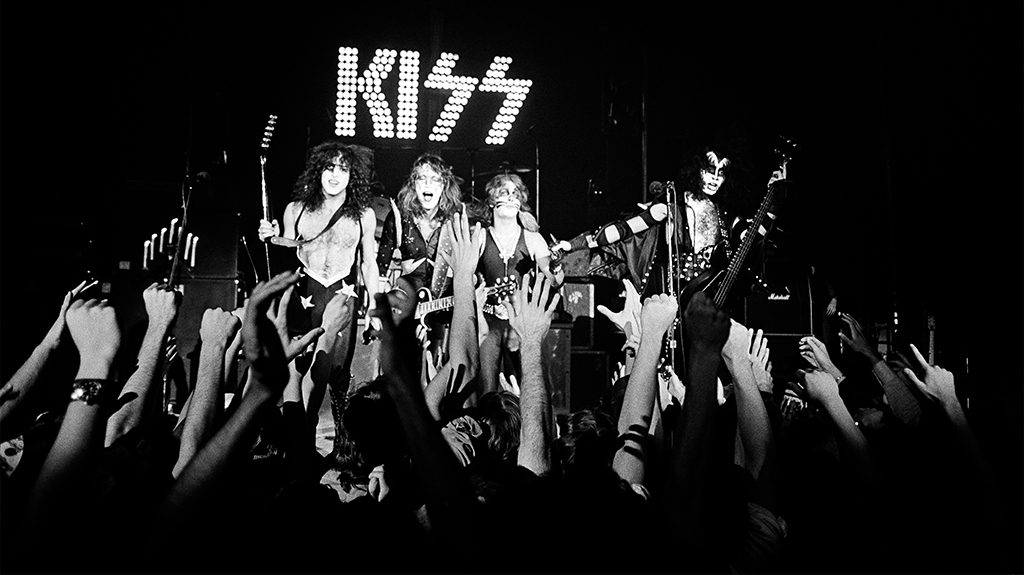review: AMC’s ‘Humans’ – what’s the point if robots are better than us?

They’re probably reading a story about a personified object like a train or something. How childish.
It’s been a big year for robots. Ultron was deliciously menacing and Spader-y; Terminators came back as they’re so fond of promising; and if you haven’t seen Ex Machina, you missed what is probably the best movie of the year (and which I may have to come back to in another post).
Those movies — and countless others — paint the robots as villains, as killers, as a sign of doom, the violent end of mankind. But what makes AMC’s new show Humans utterly compelling is how it subverts all of that. These robots don’t have a horrible agenda (mostly). They’re just really good at things. They do menial tasks we don’t want to do, efficiently and without complaint. They take care of the sick who need them. They’re hyper aware of their surroundings so they never hurt any humans, even by accident (unless they’re broken, in which case they are promptly repaired or replaced).
More than any other robot story I can remember, Humans brings to life how robots (or as the show calls them, “synths”) might end up being better than us not just at labor, but at the things we see as making us human — and as a result, taking our humanity away from us not by force, but by merit.
If robots can think and act more precisely, they can take over our most skilled professions, like surgeons or scientists — at which point, why bother trying to compete? They’ve stolen our ambition and aspiration. If they’re more patient, better listeners, and always make rational decisions about what’s best for us, could they be better parents than us at our most frazzled and frustrated? It might be better for the child if they take that away from us too. If a synth is totally loyal, physically perfect, and exists only for our happiness, then to an awkward lonely teen or adult in an unhappy marriage, how could they not pose a tempting alternative to the messiness of real relationships?
The show is a nice mix of mystery and crime story, science fiction and human drama, which makes it extremely watchable week to week. But what makes it special, why it deserves the most credit, is for making us consider how artificial intelligence might not take over suddenly and by force, but by a gradual superiority that leaves even us having to admit to ourselves: maybe they deserve it.
What would be the last things that only humans could do as robots get smarter and more capable?
What things that seem so central to your life now would you be happy to concede to a machine?
What would be the final leap they’d have to make before you could feel like you had a relationship with an artificially created life form?

